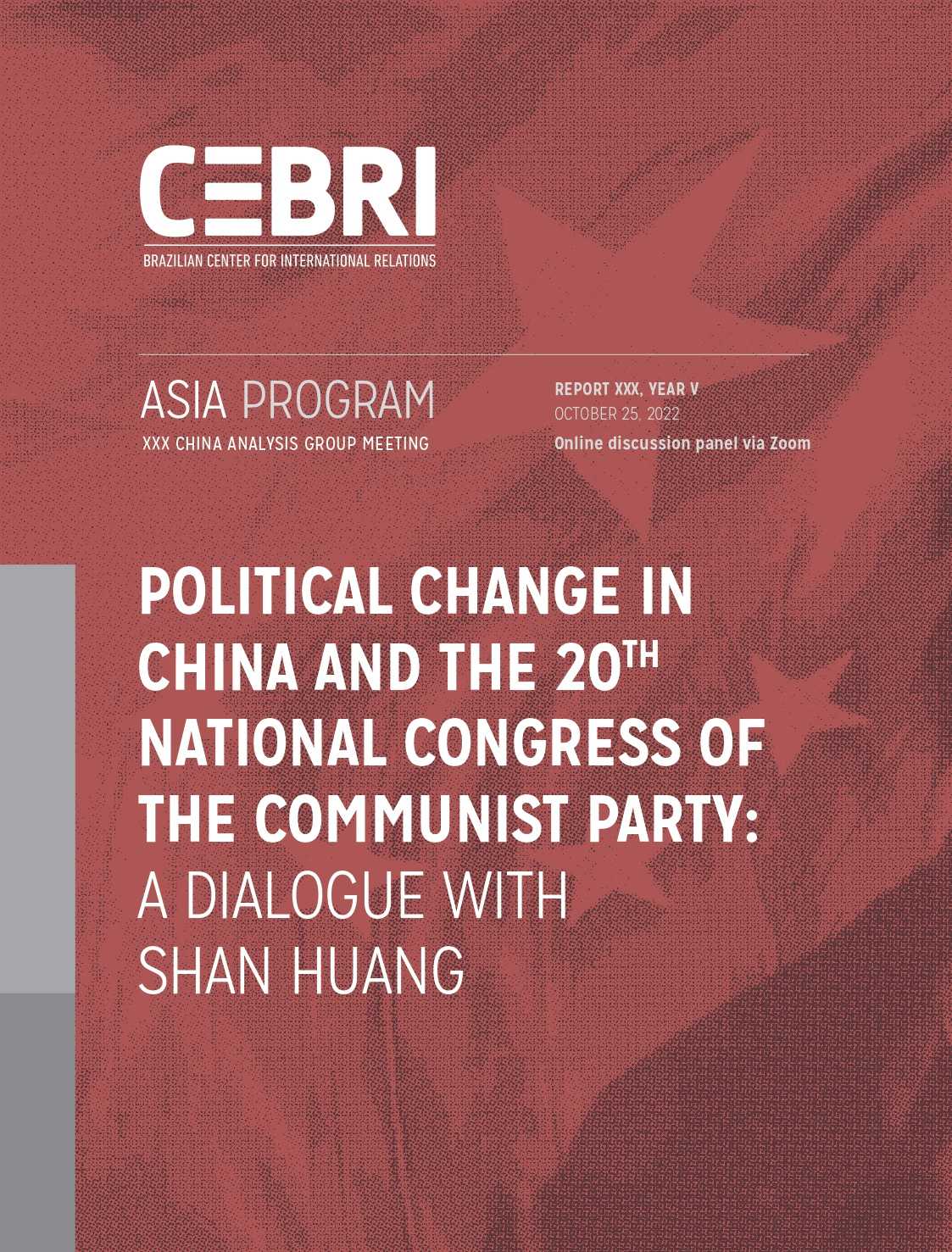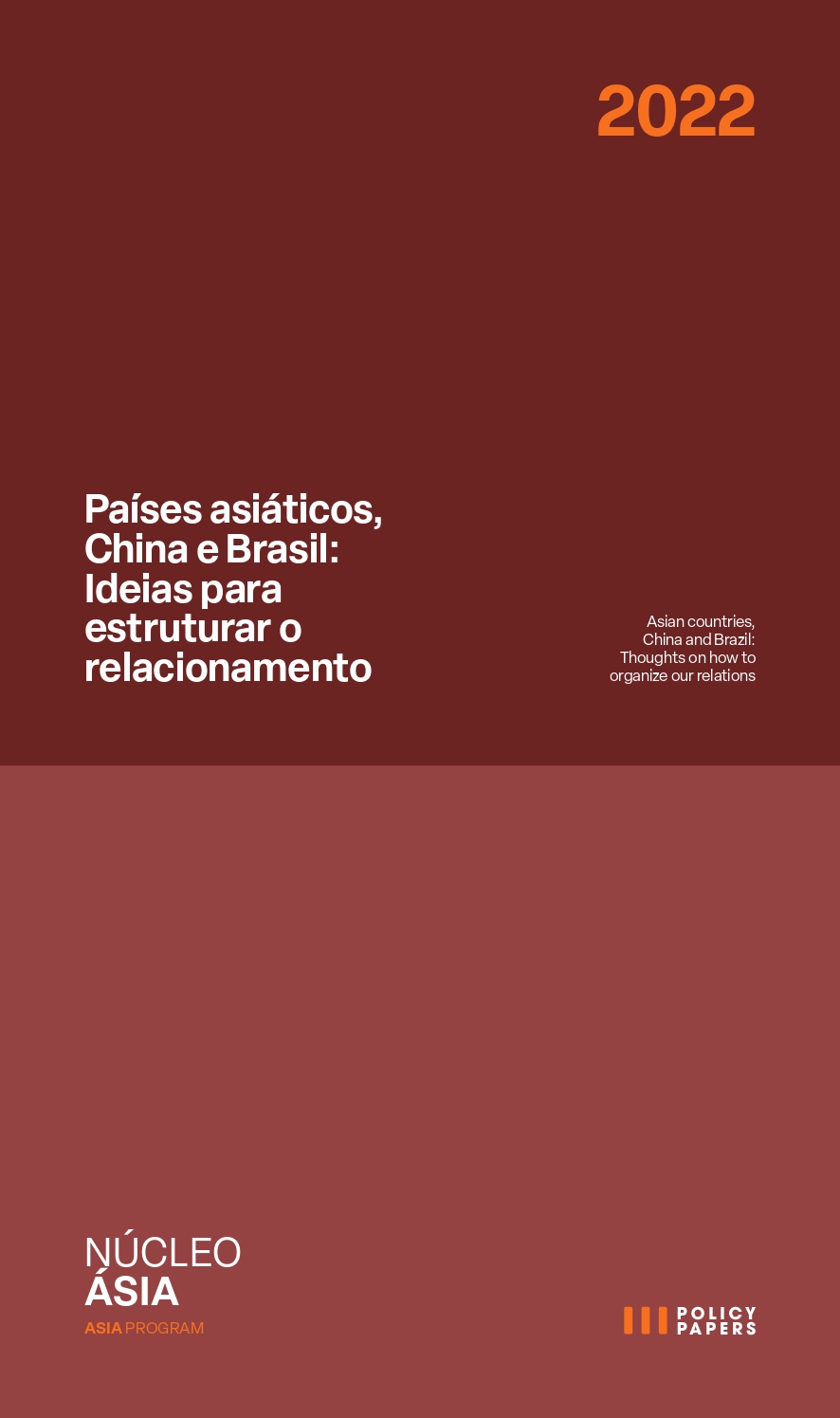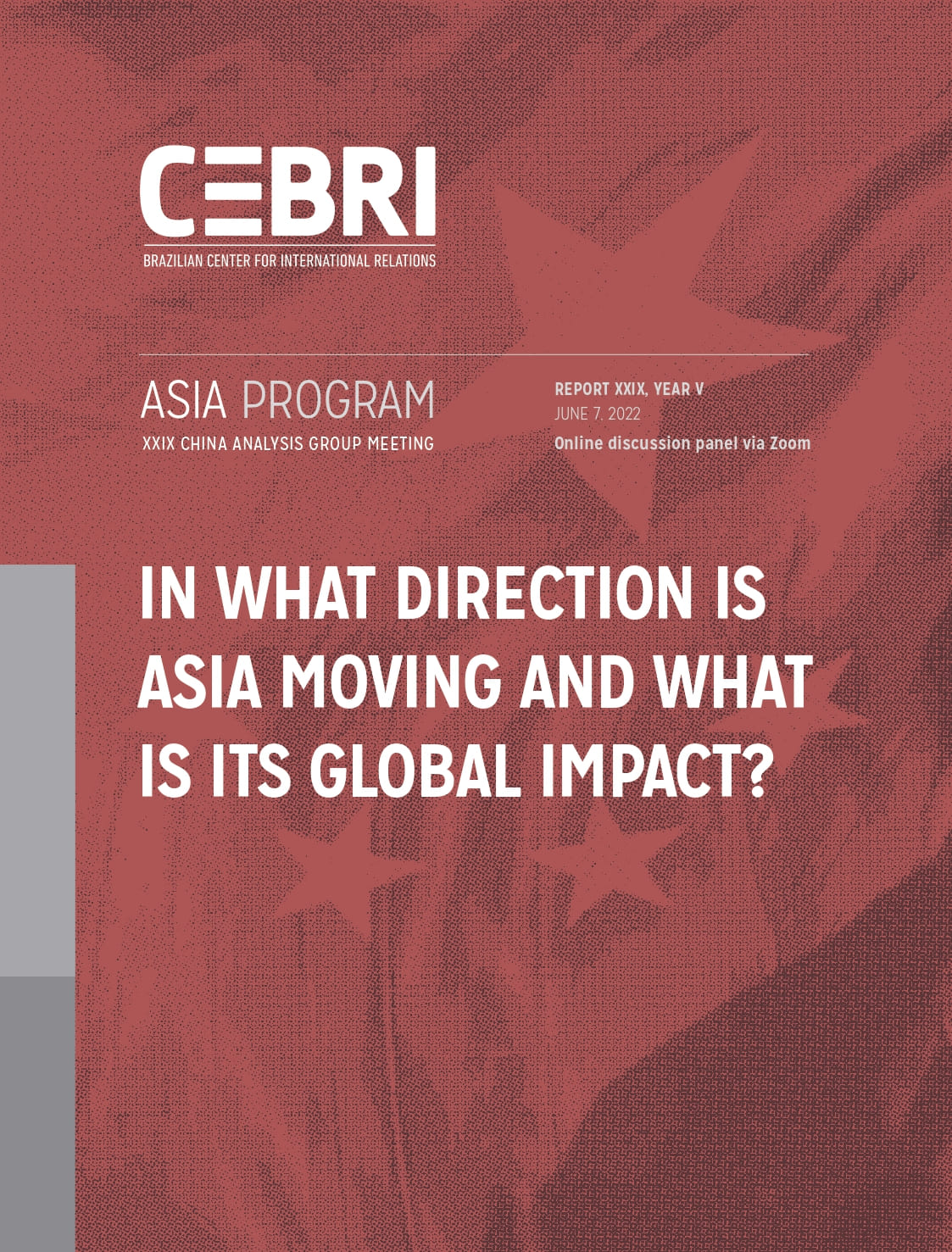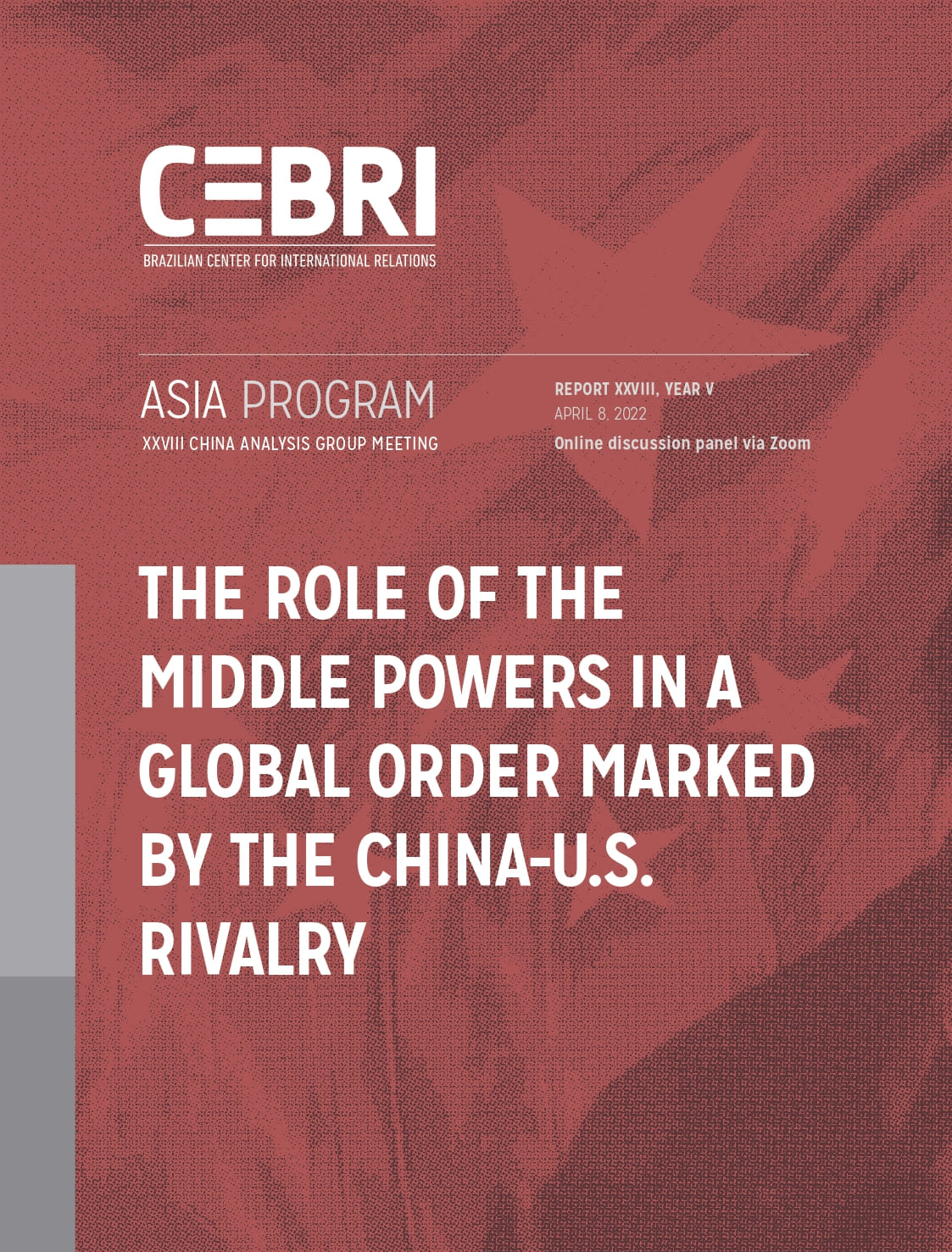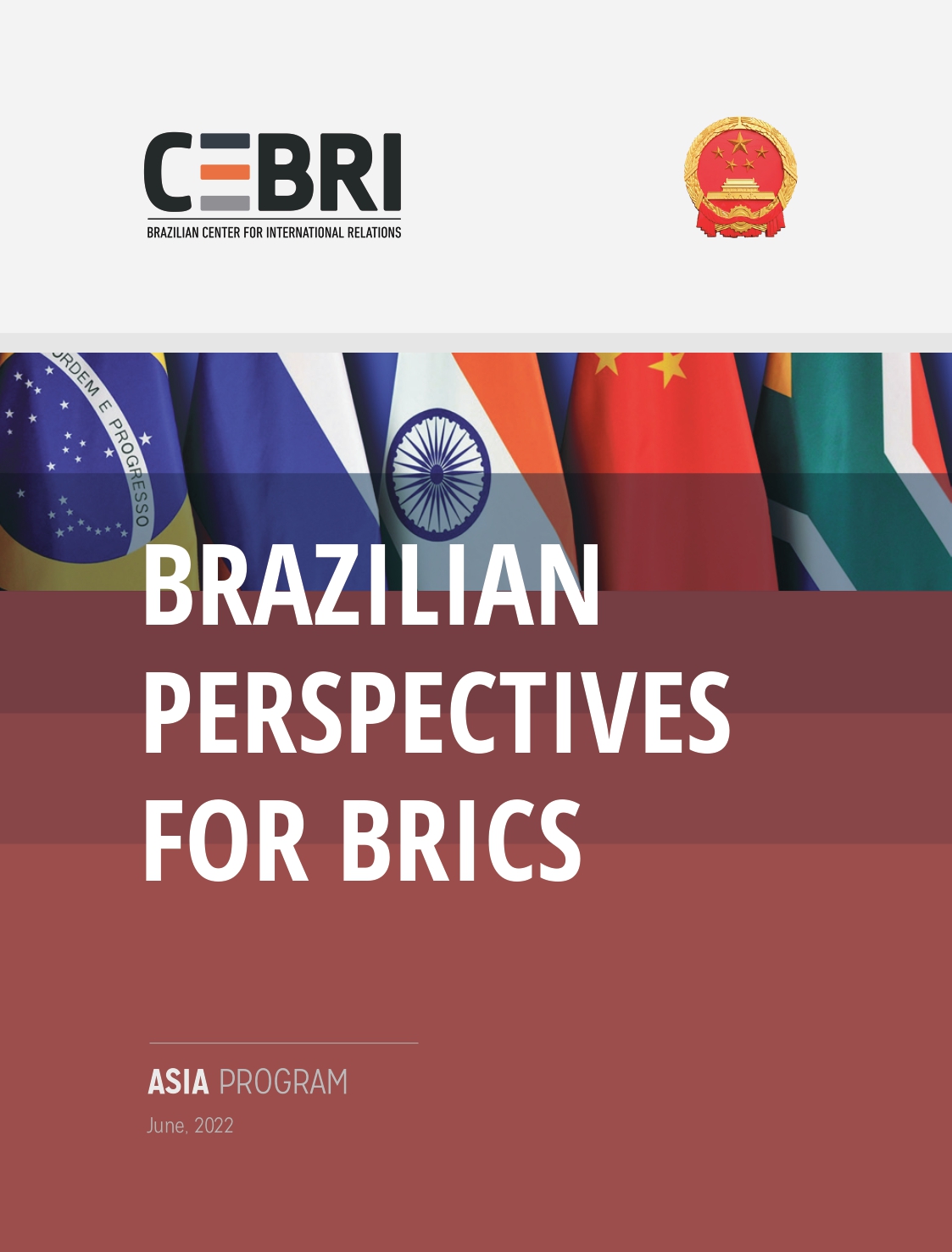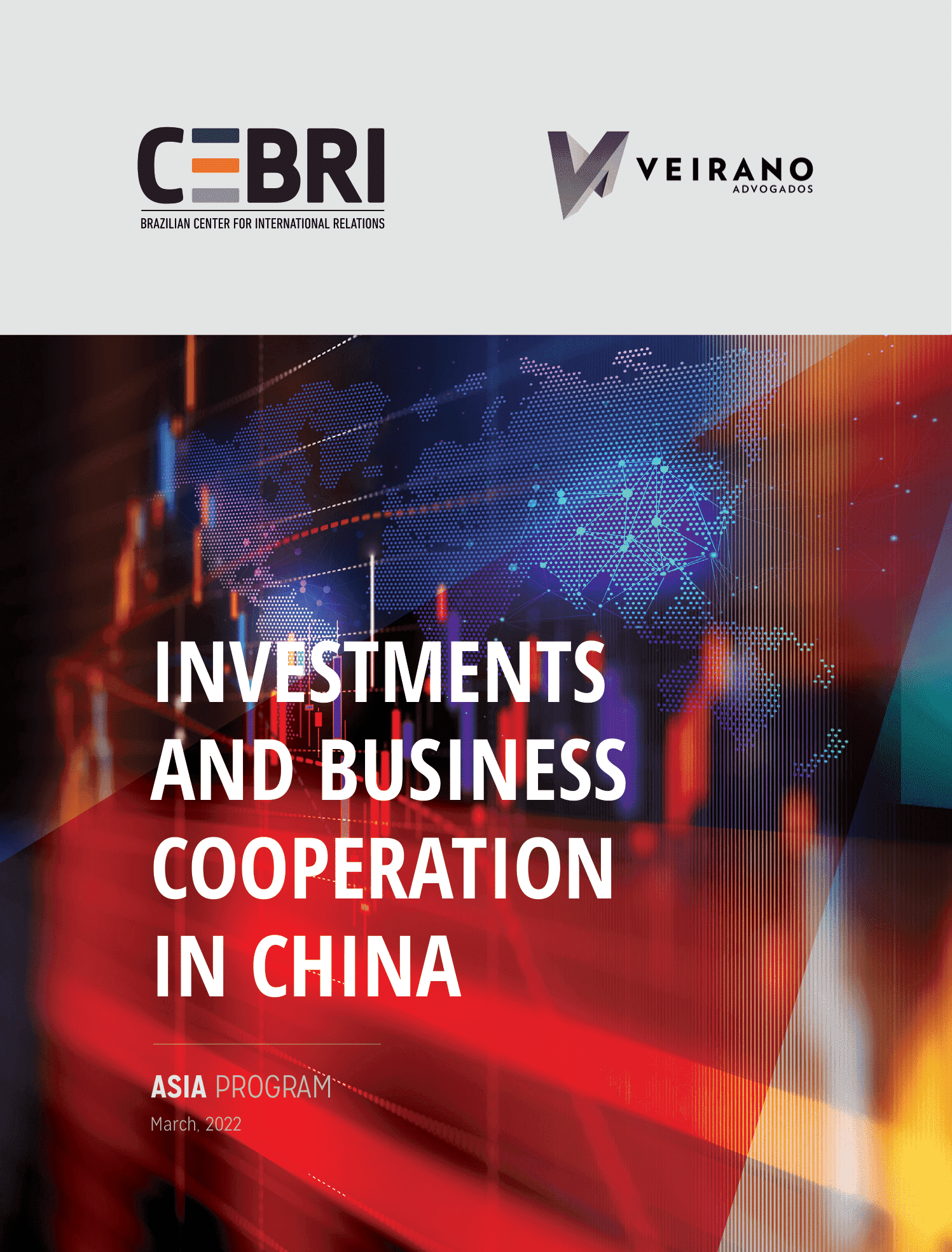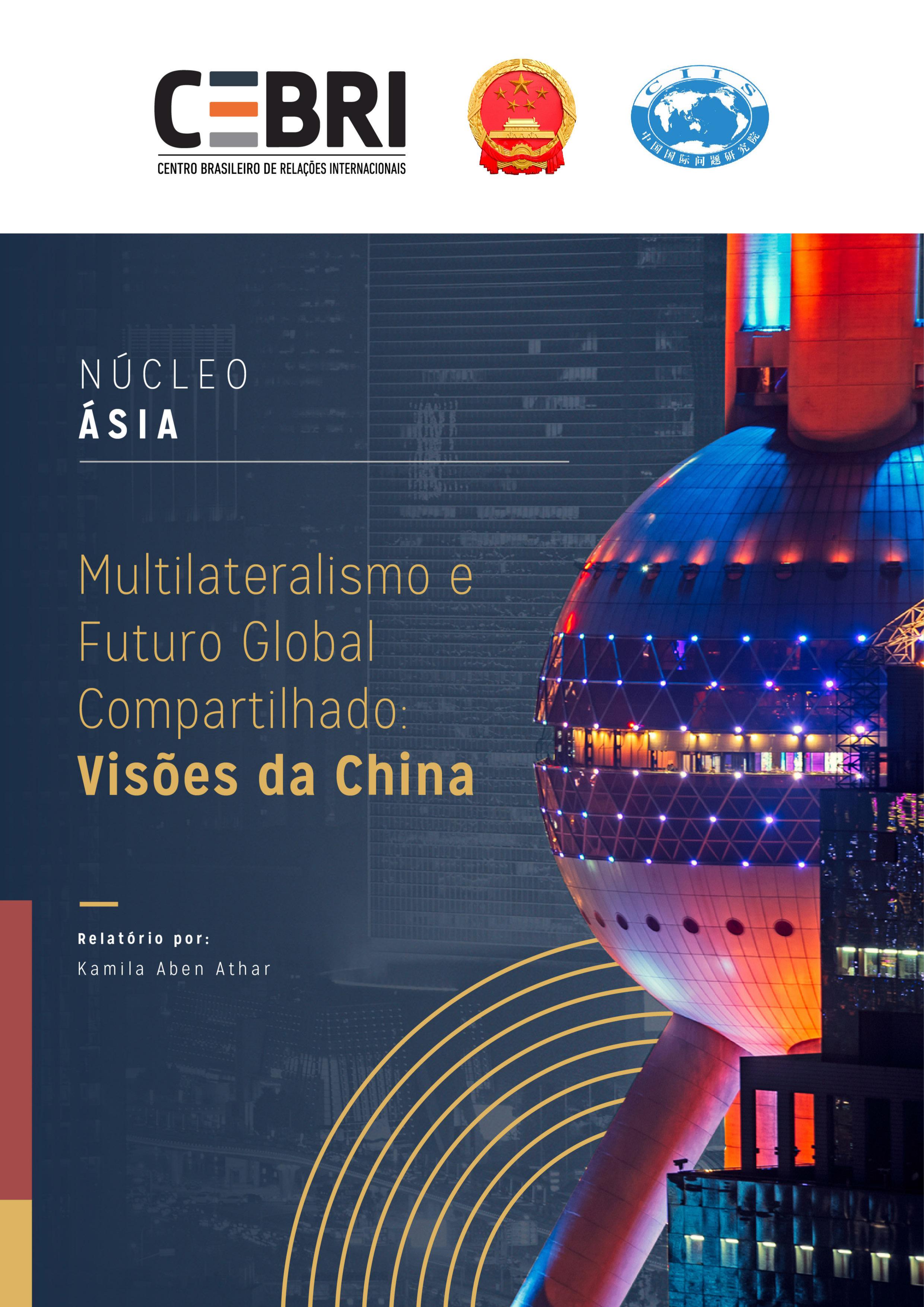At its ninth meeting, CEBRI’s China Analysis Group promoted insightful exchanges among varied stakeholders concerning the implications of the Belt and Road Initiative (BRI). Speakers focused on analyzing its strategic significance for China and the opportunities established for different actors involved, including partner countries and multinational companies operating in fields related to infrastructure. In light of the BRI’s impressive figures – encompassing over 90 countries, around 50% of global GDP and 70% of the world's population – participants explored the Initiative’s meaning beyond infrastructure investments and connectivity, stressing its geopolitical nature and the central role in the Chinese ambition to shape the future of globalization and the global order.
At its ninth meeting, CEBRI’s China Analysis Group promoted insightful exchanges among varied stakeholders concerning the implications of the Belt and Road Initiative (BRI). Speakers focused on analyzing its strategic significance for China and the opportunities established for different actors involved, including partner countries and multinational companies operating in fields related to infrastructure. In light of the BRI’s impressive figures – encompassing over 90 countries, around 50% of global GDP and 70% of the world's population – participants explored the Initiative’s meaning beyond infrastructure investments and connectivity, stressing its geopolitical nature and the central role in the Chinese ambition to shape the future of globalization and the global order.
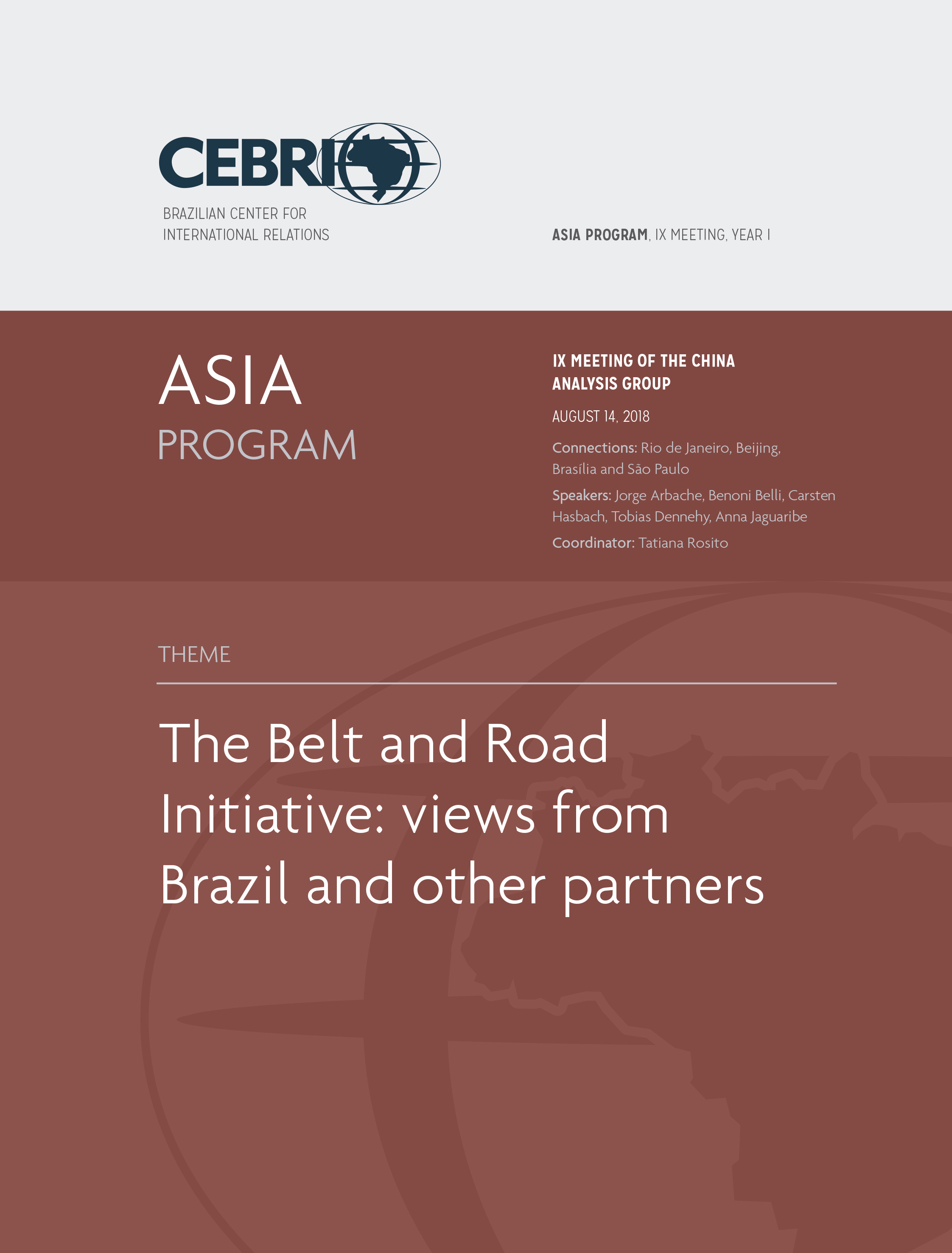





6932f633dad5f.png)
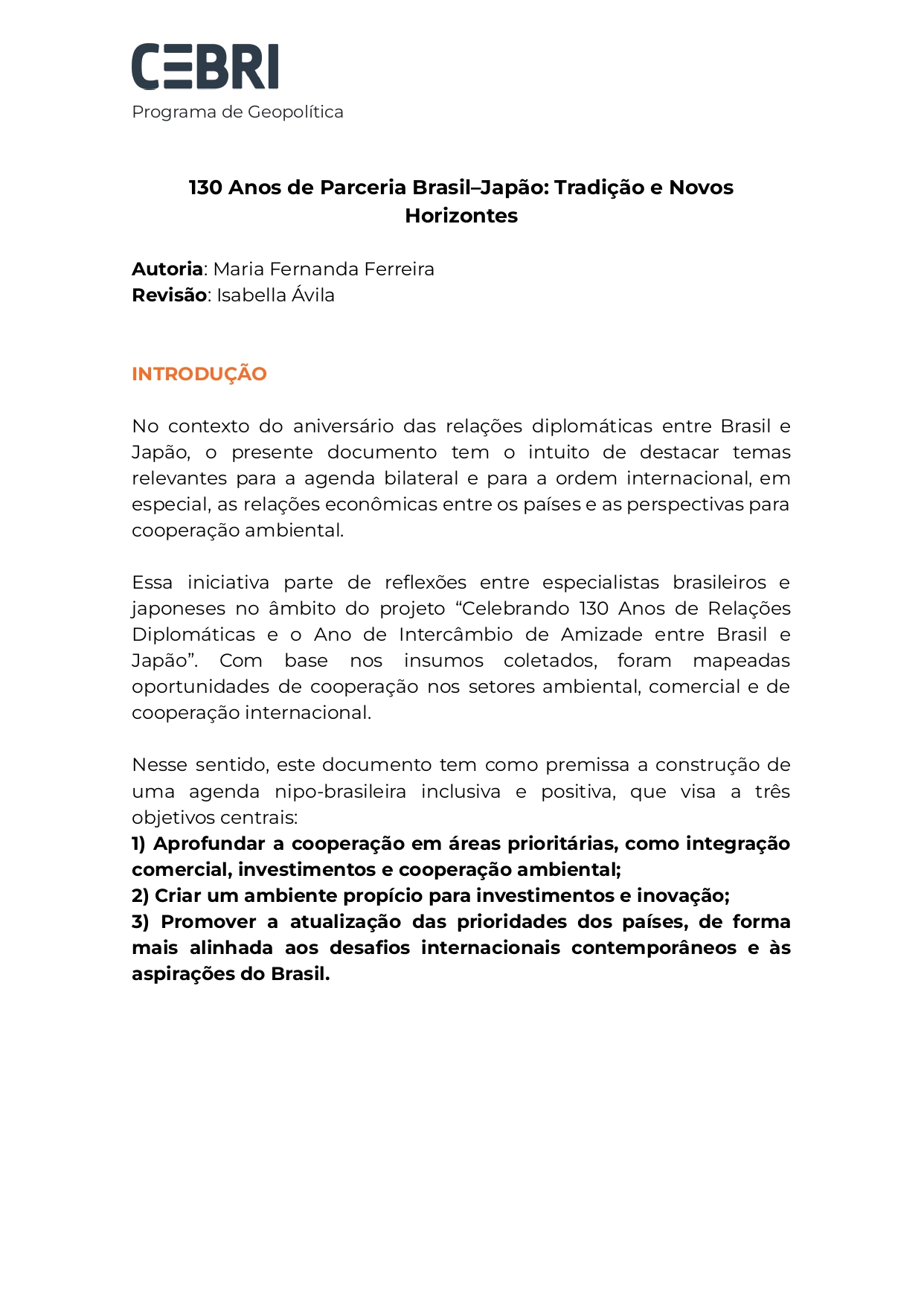
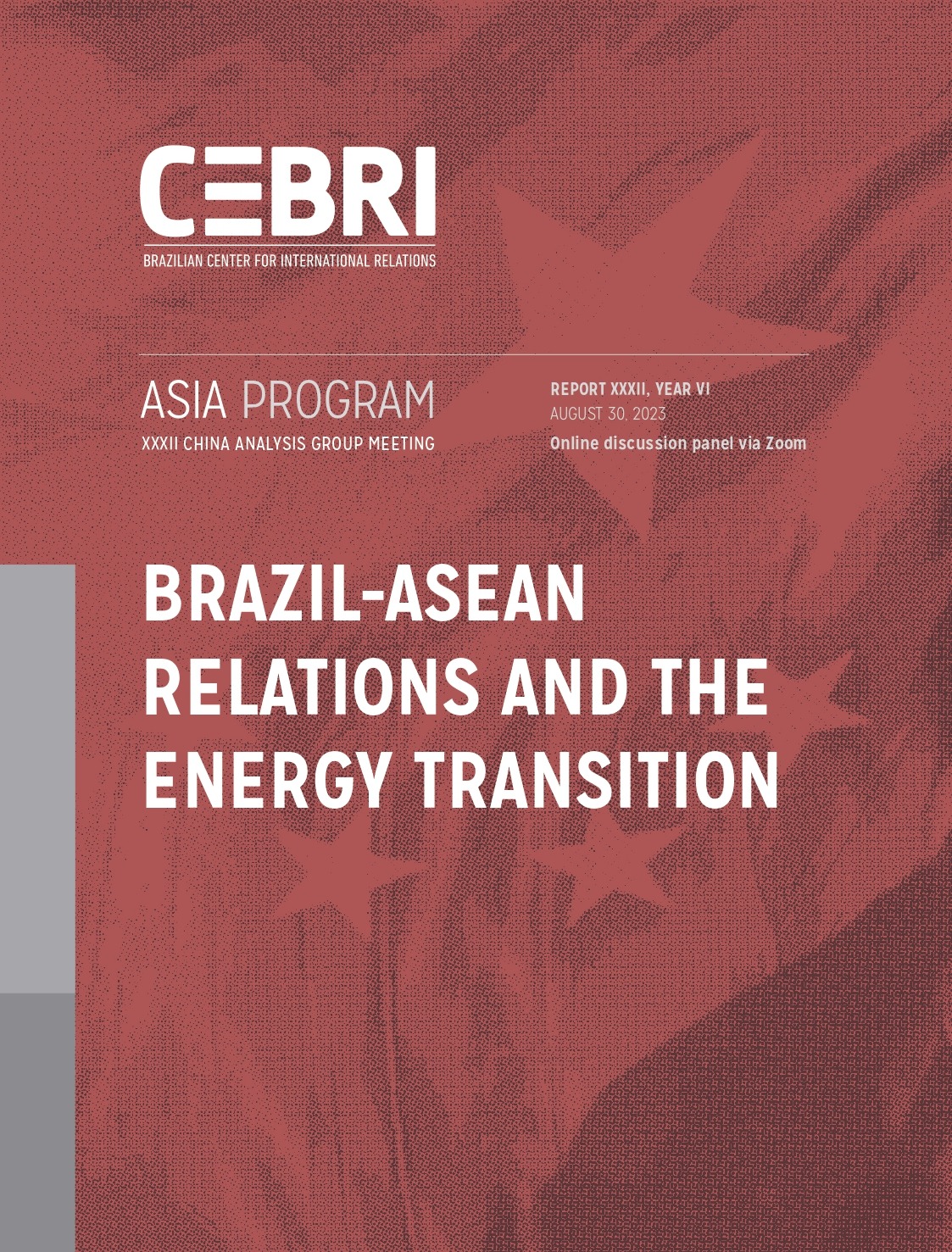
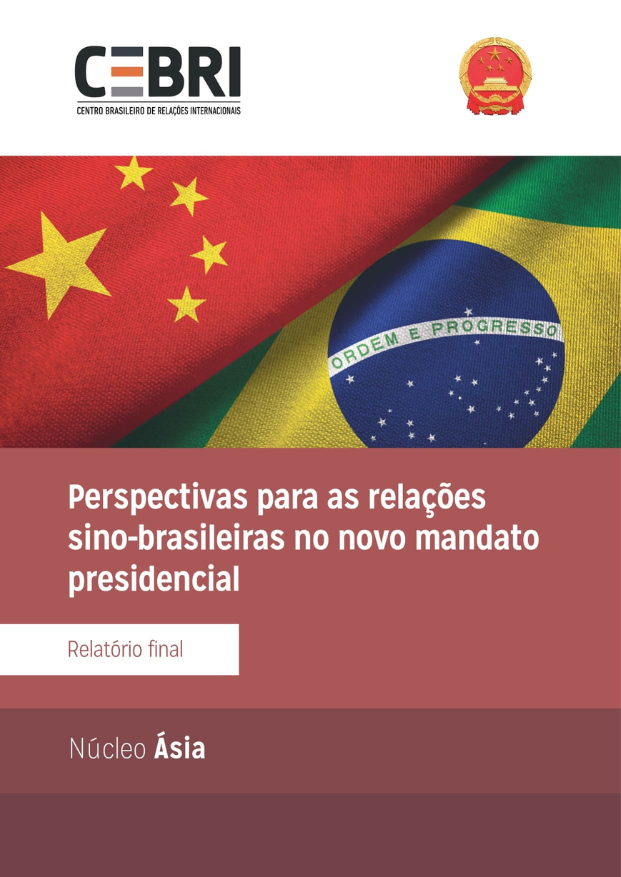
63dd462196071.jpg)
